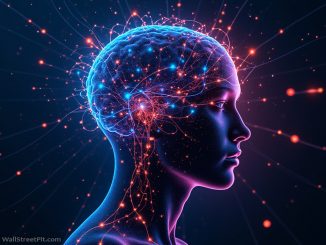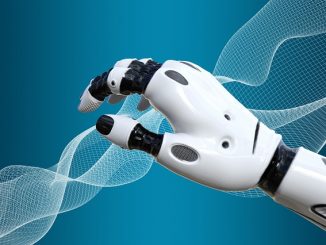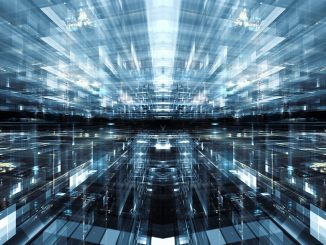
In the rapidly evolving landscape of artificial intelligence (AI), Google DeepMind’s Tim Rocktäschel has highlighted a pivotal moment in AI development. The ingredients for creating open-ended, self-improving AI systems are now at our fingertips, thanks to the advent of foundation models trained on vast swathes of internet data. These models not only understand what humans find intriguing but also possess the capability to generate an array of data variations based on minimal input.
Rocktäschel points to the significance of models like those described in the ‘OMNI‘ and ‘OMNI-EPIC‘ papers, which illustrate how AI can discern and prioritize human interests from a sea of information. This ability to filter and focus on what’s “interesting” dramatically reduces the exploration space for AI, making the search for innovation more efficient.
The process doesn’t stop at data generation and selection. A critical third component involves tying these AI-driven explorations back to real-world empirical evidence. This connection ensures that the variations generated by AI aren’t just theoretically interesting but are also practically applicable. Herein lies the potential for true technological evolution: AI systems that not only propose new ideas but also test, refine, and evolve these ideas autonomously.
This concept of self-improvement through a cycle of generation, selection, and empirical validation promises a new era where AI could lead its own development. Such systems could autonomously conduct experiments, learn from outcomes, and enhance their capabilities without human intervention, potentially leading to breakthroughs at an unprecedented pace.
However, this prospect also opens up a myriad of ethical, safety, and control issues. How do we ensure these self-improving systems align with human values? What mechanisms should be in place to guide or limit their evolution? These questions underscore the need for robust frameworks and guidelines as we venture into this new frontier of AI development.
The implications are vast, touching every sector from healthcare to environmental conservation, where AI could not only suggest solutions but evolve these solutions over time, adapting to new data and changing environments.
Standing on this threshold, the fusion of human creativity with AI’s mind-boggling capacity for variation and selection might just be the catalyst for the next leap in technological evolution.
Rocktäschel’s full video:
- Bulenox: Get 45% to 91% OFF ... Use Discount Code: UNO
- Risk Our Money Not Yours | Get 50% to 90% OFF ... Use Discount Code: MMBVBKSM
Disclaimer: This page contains affiliate links. If you choose to make a purchase after clicking a link, we may receive a commission at no additional cost to you. Thank you for your support!





Leave a Reply